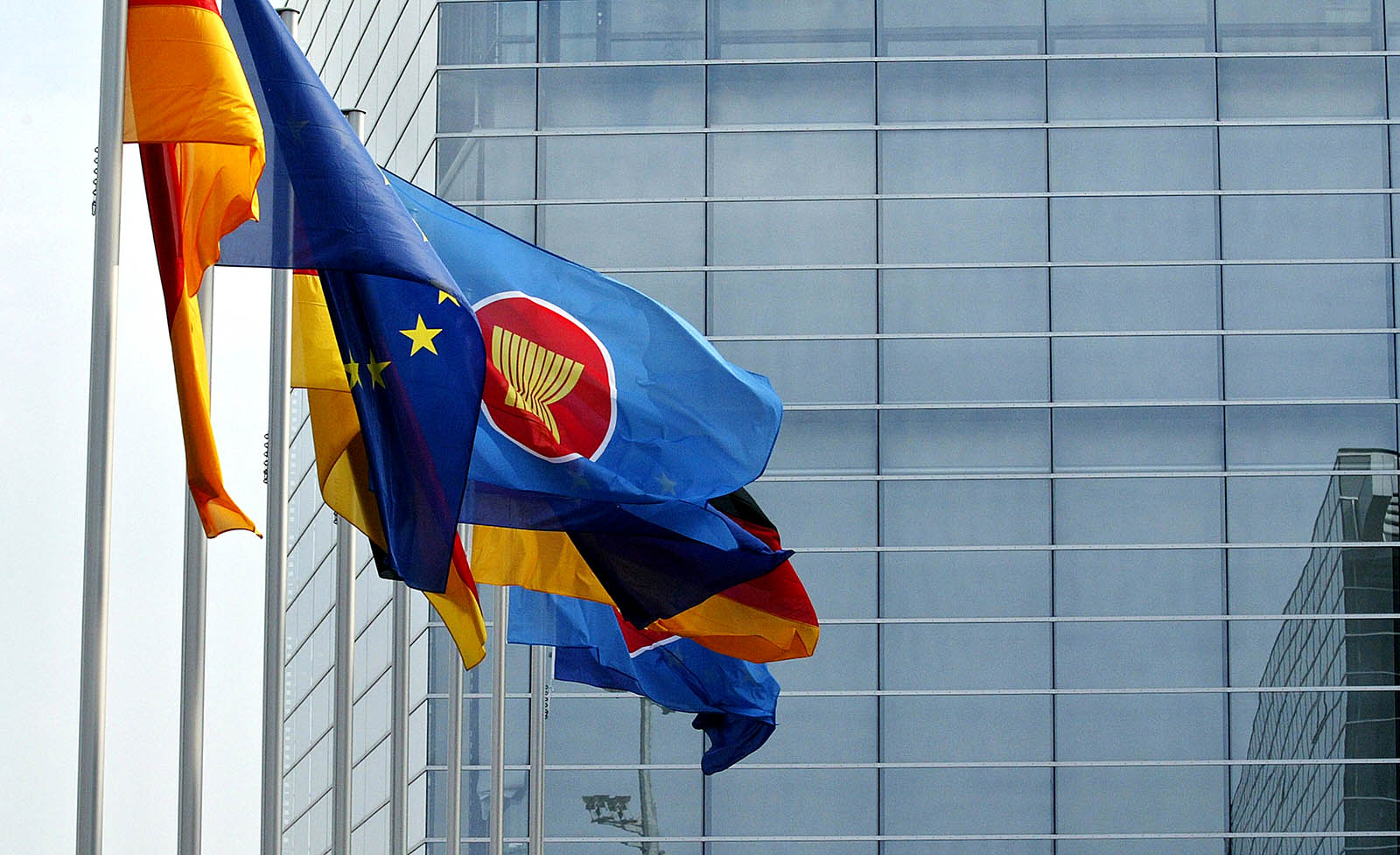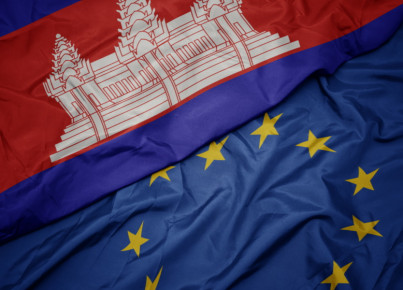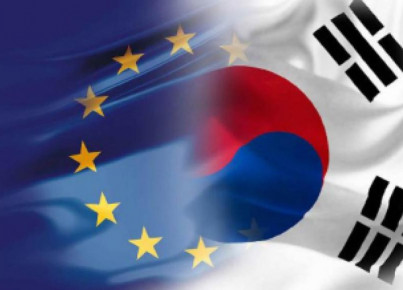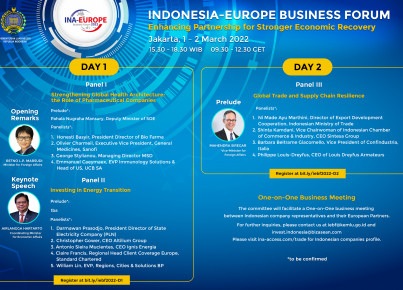By adopting new foreign policy guidelines, Germany displays its strategy toward Asia: less reliance on China and greater attention to the countries of the Indo-Pacific region.a
The German Chancellor Angela Merkel made it clear: Europe should reduce its reliance on Chinese supply chains and strengthen its ties with Indo-Pacific countries to relaunch free trade and multilateralism at the global level. Following France, the German government has approved new foreign policy guidelines that give priority to partnerships with countries in the Indo-Pacific region.
This is nothing new. Trump’s administration as well is trying to bring froward similar foreign policy maneuvers in order to face Chinese ambitions in the context of the ongoing political and economic confrontation between the two superpowers. However, if the attention of the United States of Trump is centered on security and unilateralism with a quasi-mercantilist approach, on the other hand, Merkel’s Germany aims to relaunch multilateralism and free trade by strengthening relations with ASEAN and other countries of the region, among which Japan, South Korea and Australia.
The idea of the German Government, which has become increasingly popular among European governments and institutions, is that it will be essential to draw up a coherent common foreign policy, focused on the centrality of multilateralism and free trade, as opposed to Trump’s unilateralism in the United States or China’s hegemonic ambitions. In order to do this, it will be necessary to invest in relations with international organizations such as ASEAN or with free-trade-oriented Asian countries such as Japan, South Korea or Indonesia.
The idea of the German Government, which has become increasingly popular among European governments and institutions, is that it will be essential to draw up a coherent common foreign policy, focused on the centrality of multilateralism and free trade, as opposed to Trump’s unilateralism in the United States or China’s hegemonic ambitions. In order to do this, it will be necessary to invest in relations with international organizations such as ASEAN or with free-trade-oriented Asian countries such as Japan, South Korea or Indonesia.
Greater openness towards the Indo-Pacific region could therefore contribute to reinvigorate the potential of the European Union. The German Government will try to encourage European partners to place greater emphasis on the geopolitical dimension of the EU, assigning a pivotal role to the Indo-Pacific region and to ASEAN in particular. Therefore, in the new and complex international scenario, it once again appears that East Asian countries will assume an increasing weight and become an always greater geopolitical and commercial focal point.
Article written by Tullio Ambrosone e Hania Hashim






